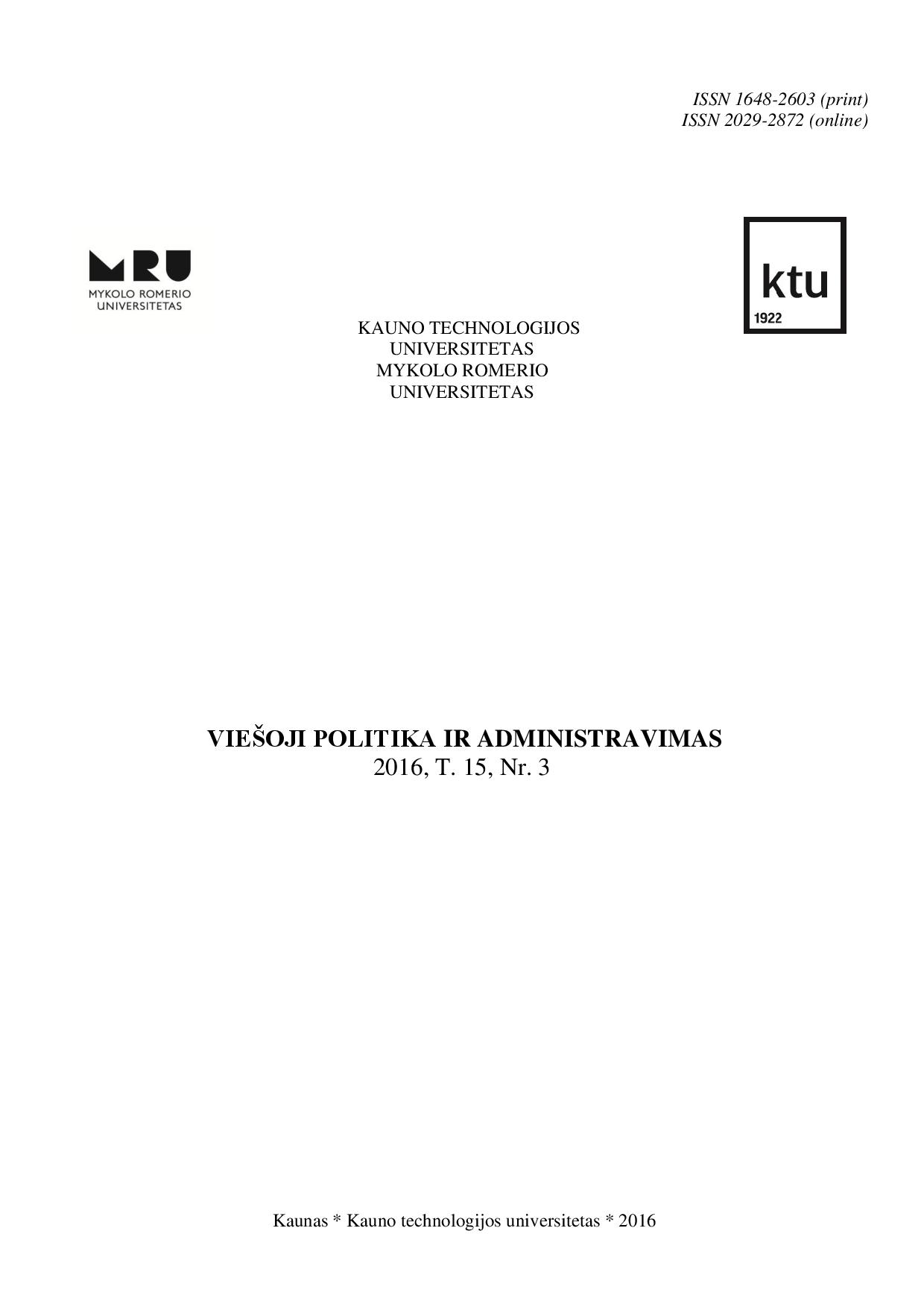Nėščiųjų teisių ir garantijų įgyvendinimas darbo teisiniuose santykiuose: Lietuvos valstybinių institucijų patirtis
The Implementation of Rights and Guarantees of Pregnant Women in Labour Legal Relationship: the Experience of Lithuania‘s Governmental Institutions
Author(s): Ramunė Miežanskienė, Aušra TartilaitėSubject(s): Gender Studies, National Economy, Public Administration, Public Law, Labor relations, Politics and law, Management and complex organizations, Family and social welfare, Sociology of the arts, business, education, Public Finances, Socio-Economic Research
Published by: Mykolas Romeris University
Keywords: rights and guarantees of pregnant employees; labour relationship; governmental institutions;
Summary/Abstract: The implementation of legally regulated rights and guarantees of pregnant employees to a large extent depends on the activity and functions of institutions of authority. The foreign research reveals the existence of problematics in the field of implementation of rights and guarantees of pregnant women in their labour relationship. Taking into consideration that up till now there was no research carried out in this field in Lithuania, the main aim of this article was to investigate and identify the problematic aspects of implementation of rights and guarantees of pregnant employees in the national context and in the field of the activities of governmental institutions. In order to achieve the objective of the study the key governmental institutions and organizations were included, which are directly involved in the process of defense of pregnant worker’s rights. These were the experts out of Equal Opportunities Ombudsman's Office, Labour Inspectorate and non-governmental sector organizations. The research indicated, that the official statistics of Governmental institutions do not reveal any grounds that could enable to constitute that there is a problematic area in the field of implementation of rights and guarantees for pregnant employees. This is the reason why institutions concentrate their activity to the cases they encounter and not to their prevention. The overall study of data enables to form a reasonable presumption that the above mentioned statistics do not reflect the actual reality and the quantity of pregnant employees’ rights violations. This is conditioned to the fact that only a part of the pregnant employees, whose rights or guarantees have been violated, were revealed this fact to institutions.
Journal: Viešoji politika ir administravimas
- Issue Year: 15/2016
- Issue No: 3
- Page Range: 390-406
- Page Count: 17
- Language: Lithuanian

